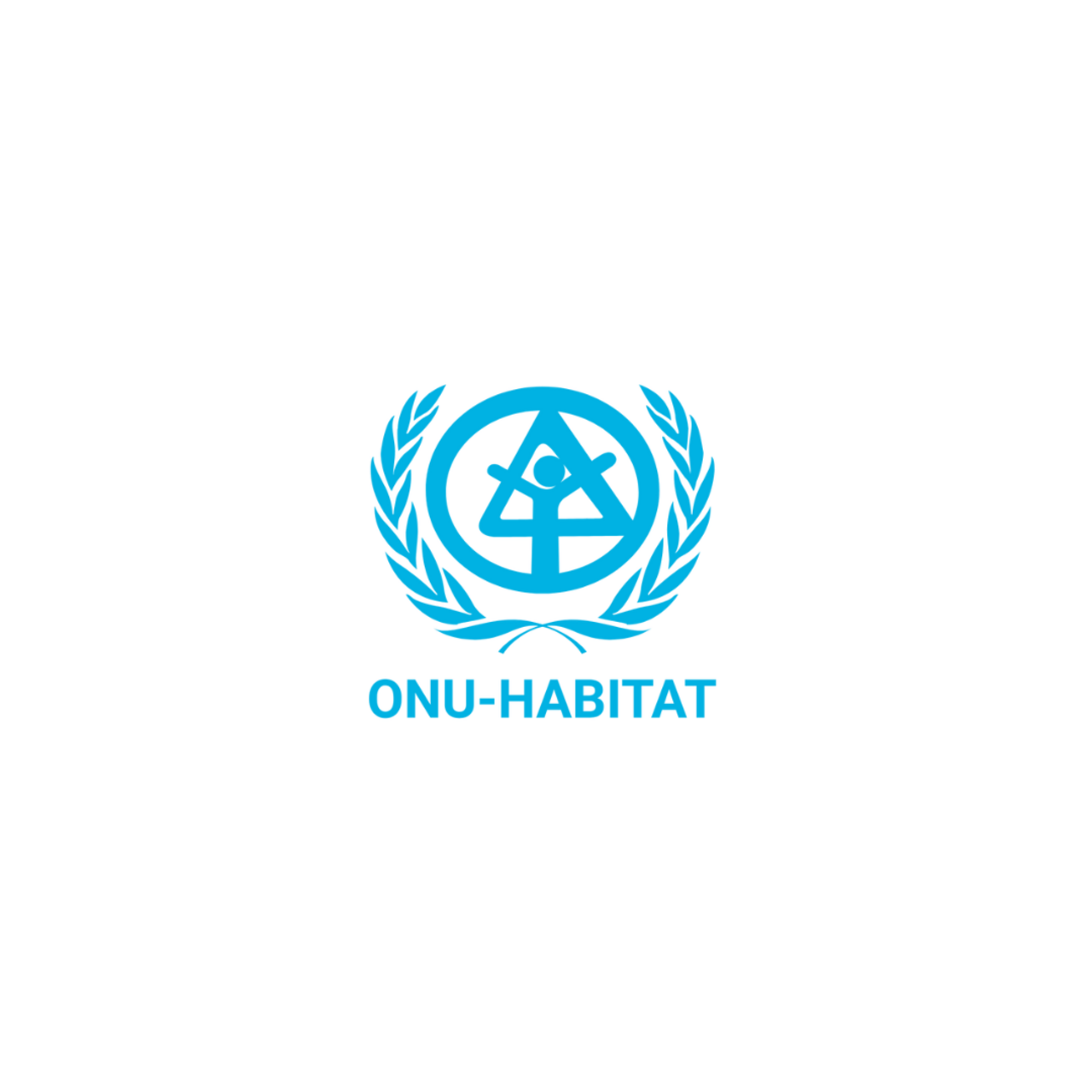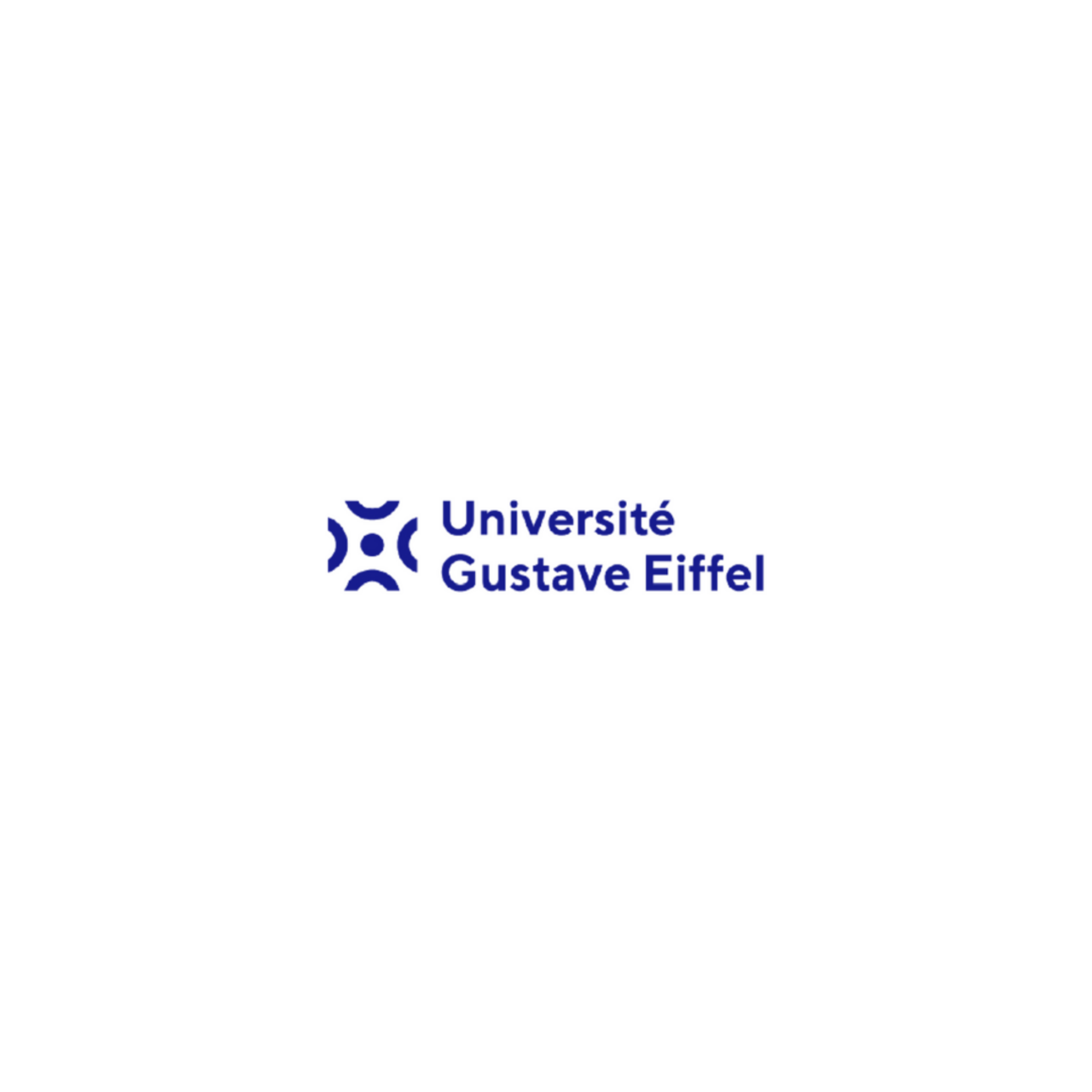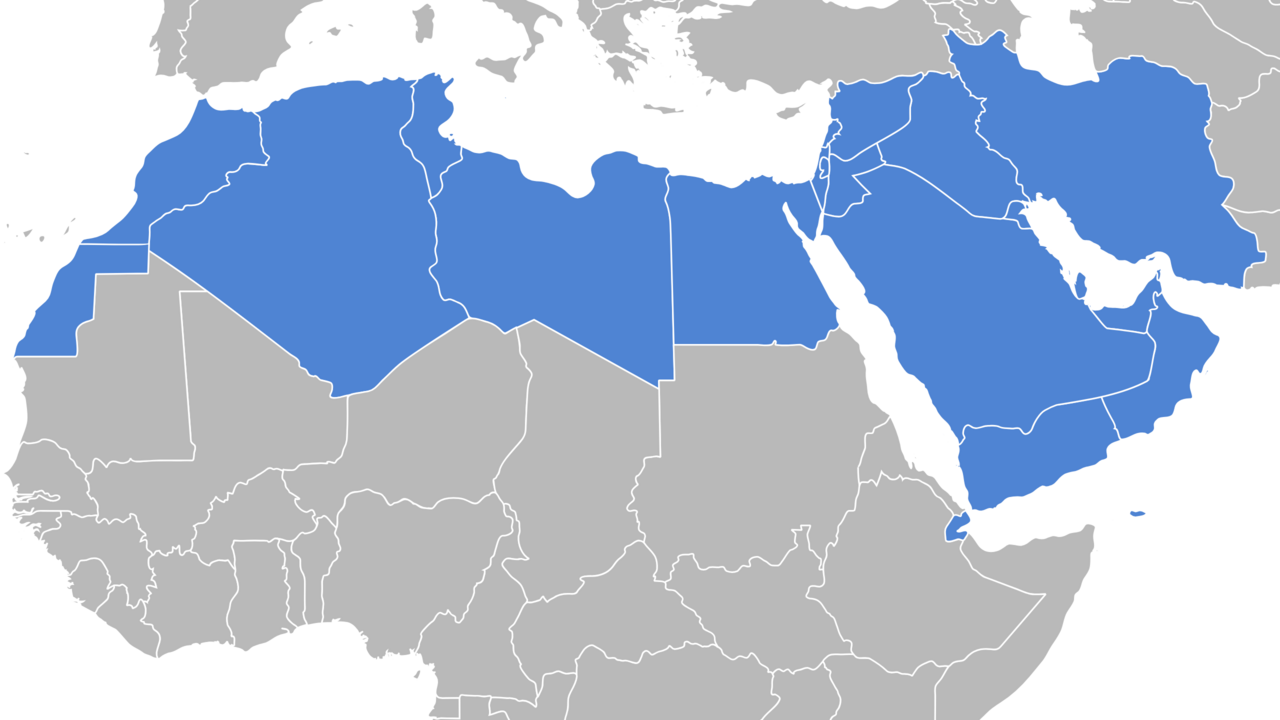CHAIR
Social Innovation and International Cooperation with Impact for Livable Cities and Territories
This is the meaning of the acronym ISCI‑MENA.
Officially inaugurated in Cairo in November 2024 during the 12th World Urban Forum, the ISCI‑MENA Chair is the result of a successful partnership between the United Nations and Gustave Eiffel University.
It is the first-ever university Chair co‑founded by UN‑Habitat. Its activities are focused on countries within the MENA region.
Context
Climate warming is affecting all shores of the Mediterranean.
As emphasised by the 2023 Copernicus report on Europe’s climate and the European Climate Risk Assessment by the European Environment Agency, Europe is warming at twice the global average since the 1980s, making it the continent experiencing the most rapid increase in temperature on Earth.
According to the World Meteorological Organization’s “State of the Climate in Africa 2024” report, North Africa recorded the highest mean temperature on the African continent in 2024—specifically, 1.28 °C above the 1991–2020 average—making it the fastest‑warming sub‑region in Africa. isci-mena.univ-gustave-eiffel.fr
This is far from an isolated phenomenon: droughts, floods, soil erosion and biodiversity loss—territories are undergoing transformations that disrupt traditional practices and render architectural infrastructures obsolete.
“The climate crisis is the greatest challenge of our time. Climate action has its costs, but inaction costs even more […] we must draw on science to find solutions for the good of society.”
– Celeste Saulo, Secretary‑General, WMO (2023)
Mission
The partnership between UN‑Habitat and Gustave Eiffel University represents a necessary response to contemporary climate challenges, placing social innovation at the heart of urban adaptation and transformation.
The Chair serves as a platform for research and the development of co‑designed solutions involving relevant stakeholders to improve the liveability of cities and territories affected by climate warming, particularly in the MENA region.
This collaboration showcases the shared commitment of UN‑Habitat and Gustave Eiffel University to building a more sustainable and inclusive urban future—vital for the well-being of future generations.
Thematic focus areas
The Chair’s work is structured around three thematic streams:
- Nature-based solutions
- Inclusive territorial development through the circular economy
- Heritage protection and resilience in at-risk areas
Objectives
The ISCI‑MENA Chair aims to advance social innovation, urban sustainability, and inclusive development in line with the objectives of its two founding organisations.
To achieve this, the Chair’s objectives include:
- Fostering collaborative research and innovation to address urban challenges and promote sustainable development.
- Promoting knowledge exchange, best practices, and innovative solutions in urban resilience, governance, and inclusivity through open science.
- Developing skills through joint academic programmes, workshops and events to further the implementation of the SDGs at local and regional levels.
- Establishing a robust network among academic institutions, urban policymakers and international organisations to support evidence‑based urban policy decisions.




